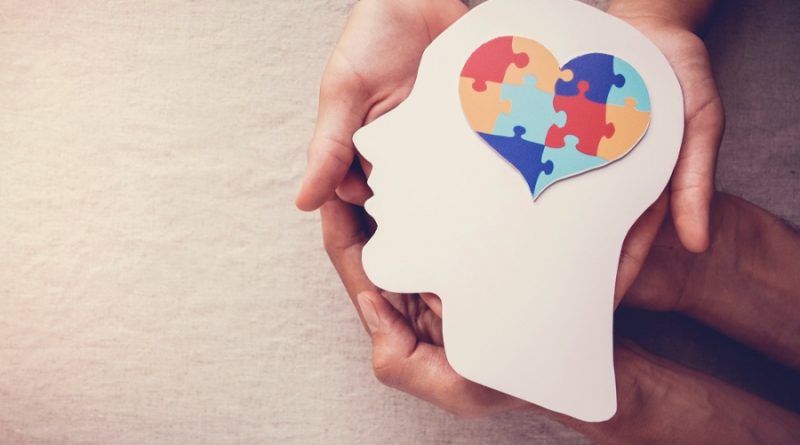Therapy And Its Benefits In Saving Your Mental Health And Our Relationships
Counsellors, psychologists, psychiatrists, nurses, mental health aides, and peer support professionals are part of the multidisciplinary team treating mental illness.
Regarding mental health care, one size does not fit all. Instead, each patient needs care that is unique to them. Even among people with the same mental health diagnosis, there can be significant individual variation. Therefore, going for and using therapy for mental health is a very healthy way to cope with your issues.
Why Do People Need Mental Health Therapy?
Talking things over with a therapist, psychiatrist, psychologist, or other mental health professional is a treatment for mental health issues.
“At its core, counselling is about learning to identify patterns in your thinking, mood, emotions, and actions that contribute to your suffering or hinder your ability to function. There is a need to enhance interpersonal skills to better respond to life’s obstacles with adaptive coping mechanisms.
According to the American Psychiatric Association, the goal of therapy for mental and emotional health is to provide a safe, non-threatening environment in which to have open, honest conversations with a trained professional who is empathic and does not take sides. Although most therapists only work with one client at a time, couples, families, and large groups may be included in the therapeutic process.
Can You Get Better Through Therapy?
There is strong evidence that talking therapy can benefit mental and emotional well-being.
Psychotherapy is beneficial, and in some circumstances more effective than other treatments, for persons with depression, according to a study of 270 studies.
Long-term benefits of a psychodynamic treatment for patients with depression, social anxiety, and phobias were found in another significant meta-analysis.
Recent studies have shown that treatment treats anxiety, panic, eating, and personality disorders effectively. One study found that patients who received therapy continued to feel empowered and were encouraged to pursue “richer, freer, and more meaningful lives” after treatment ended.
Other studies have shown that therapy sessions can help lessen the chance of a subsequent mental health condition for grieving the loss of a close friend or family member.
Crawford adds that the best results may be achieved when medication and therapy treat mental health issues such as anxiety, depression, post-traumatic stress disorder, and psychotic disorders. The combination of therapy and medicine is more effective than medication alone in treating mental health disorders, including depression.




